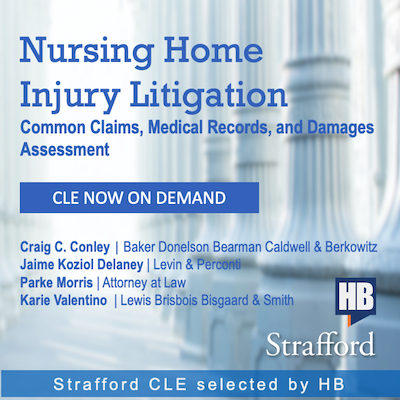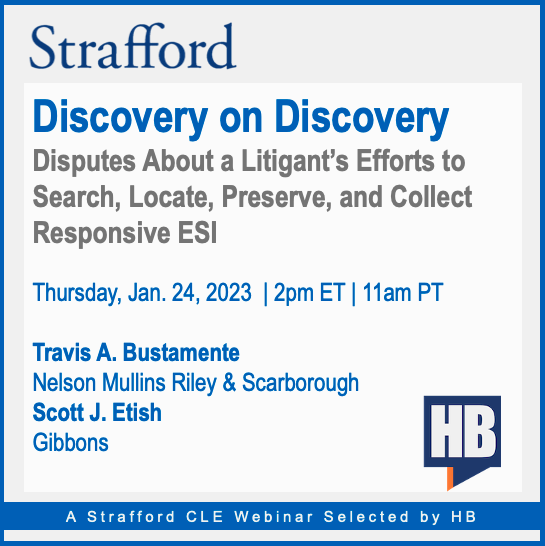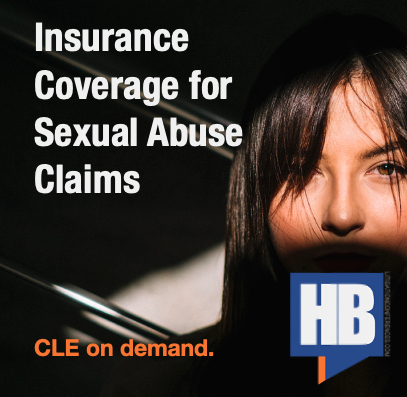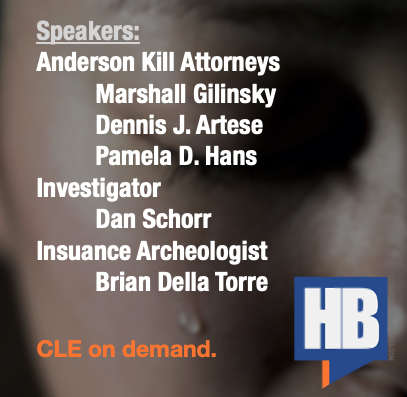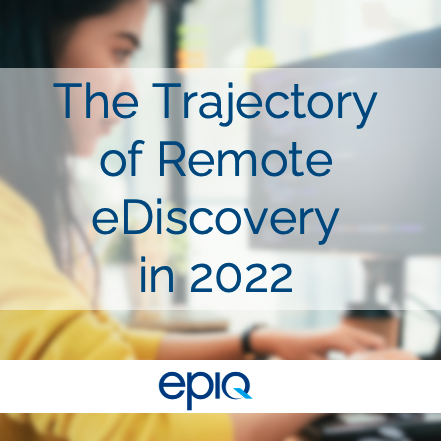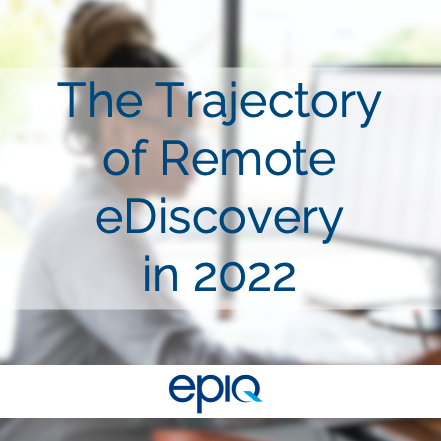Nursing Home Injury Litigation: Common Claims, Medical Records, and Damages Assessment
Nursing Home Injury Litigation: Common Claims, Medical Records and Damages Assessment Photo by Irwan iwe on Unsplash Counsel bringing nursing home injury claims must understand the statutory, regulatory, and established common law standards of care applicable to nursing home residents and governing patient care. The most common nursing home injuries--pressure sores, severe malnutrition or dehydration, physical and chemical restraints, elopement, falls, improper medication, and abuse--involve different approaches. Medical records, discovery, and damage assessment present unique challenges to counsel. Listen as our authoritative panel of practitioners provides an overview of nursing home laws and regulations, discusses common types of injuries, covers how to handle medical records and other discovery issues unique to these cases, and reviews how to assess damages. Subjects What are the key steps to develop a claim involving injury to a nursing home resident?What evidentiary and discovery challenges are present in nursing home injury claims–and how can counsel best address them?What is the role of pain and suffering claims in the assessment of damages? Outline Relevant laws and regulations Common types of injuries Discovery issues Reviewing medical records Assessing damages Corporate involvement Recorded: 10/18/2022 Regular price: $197* This Strafford production has been specially selected for HB audiences. Craig C. Conley Shareholder Baker Donelson Bearman Caldwell & Berkowitz Jaime [...]

